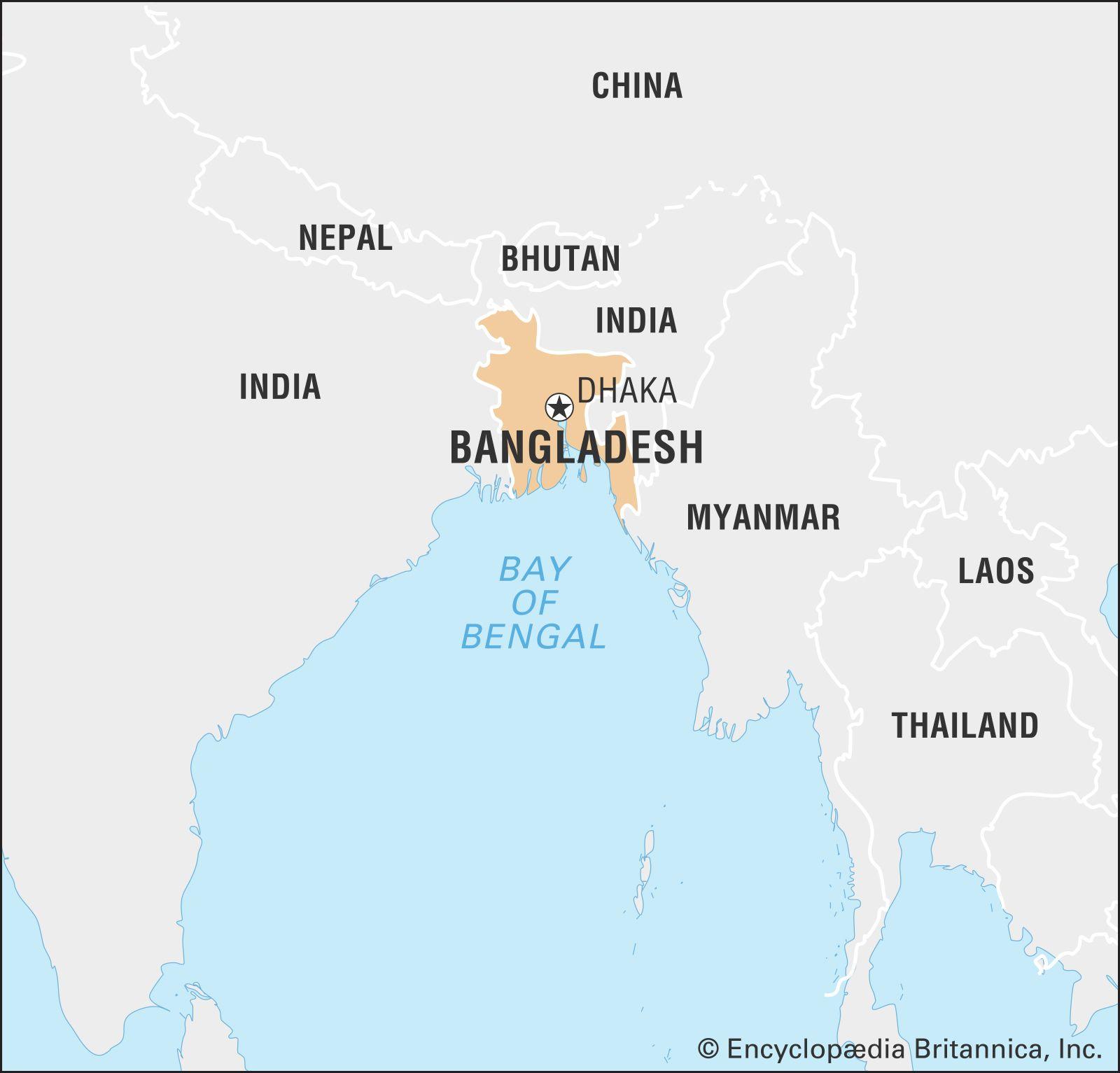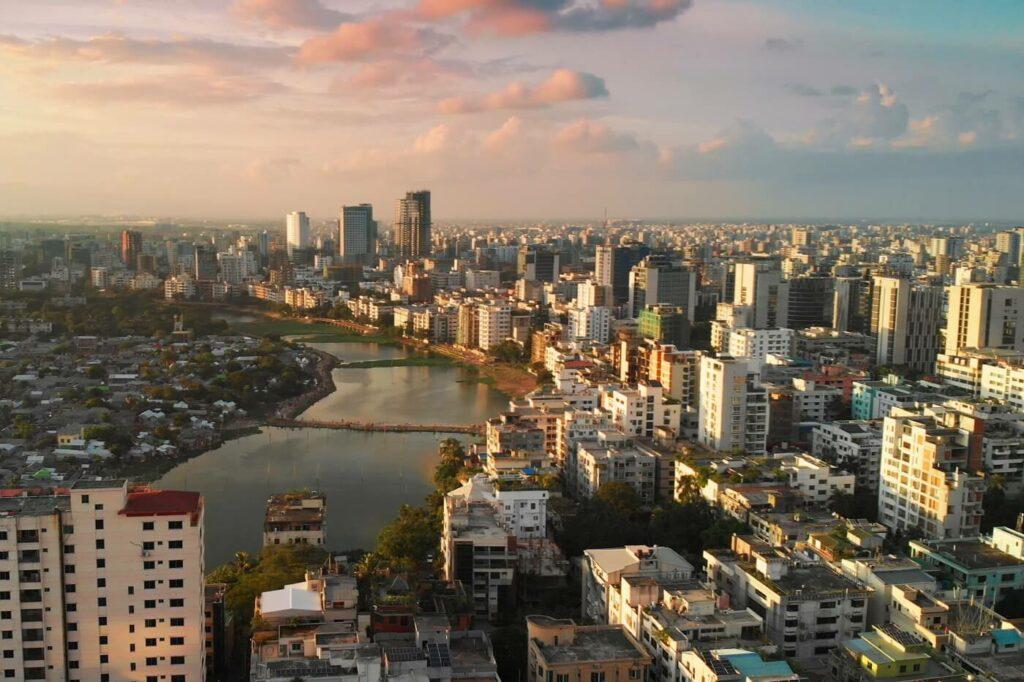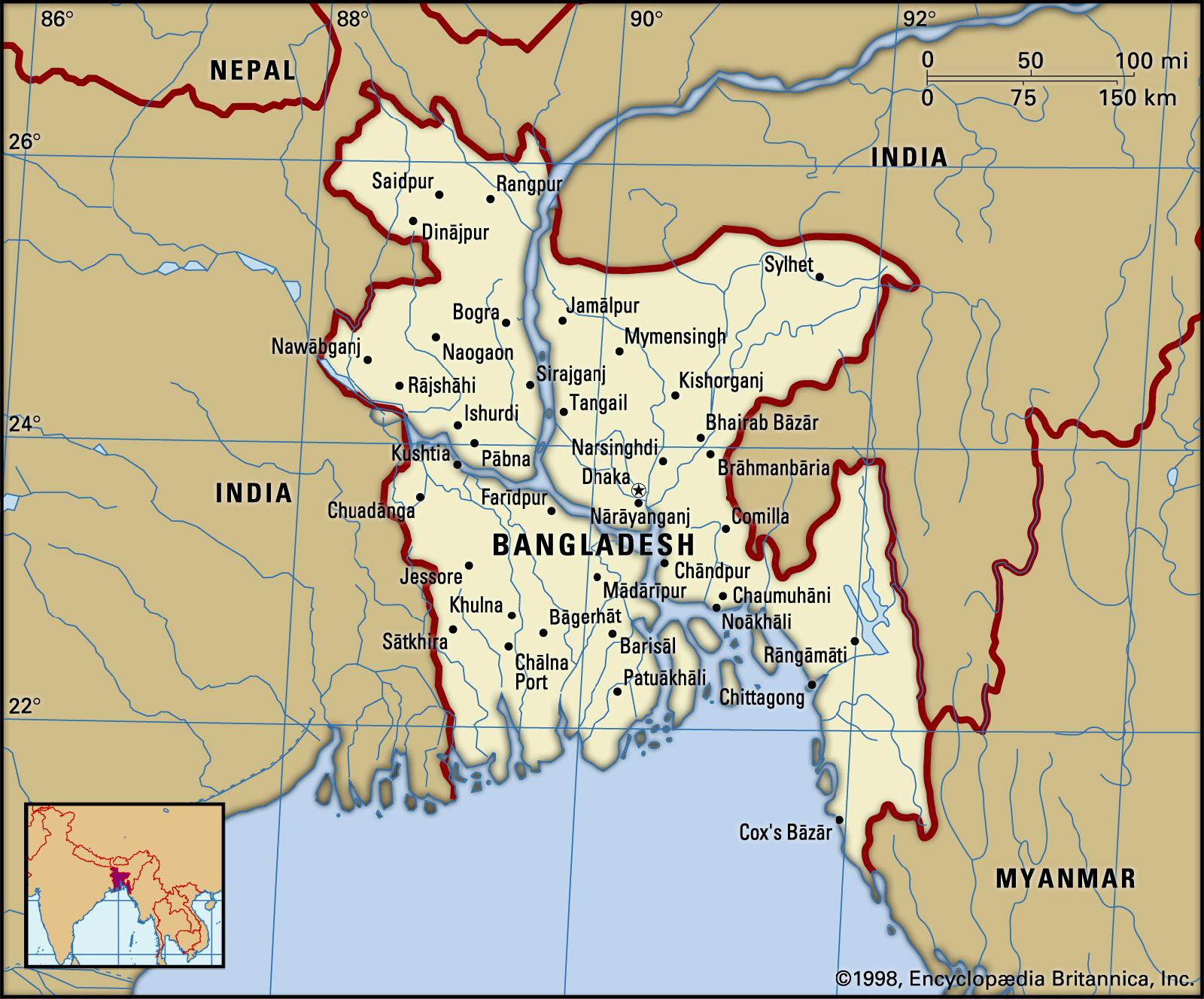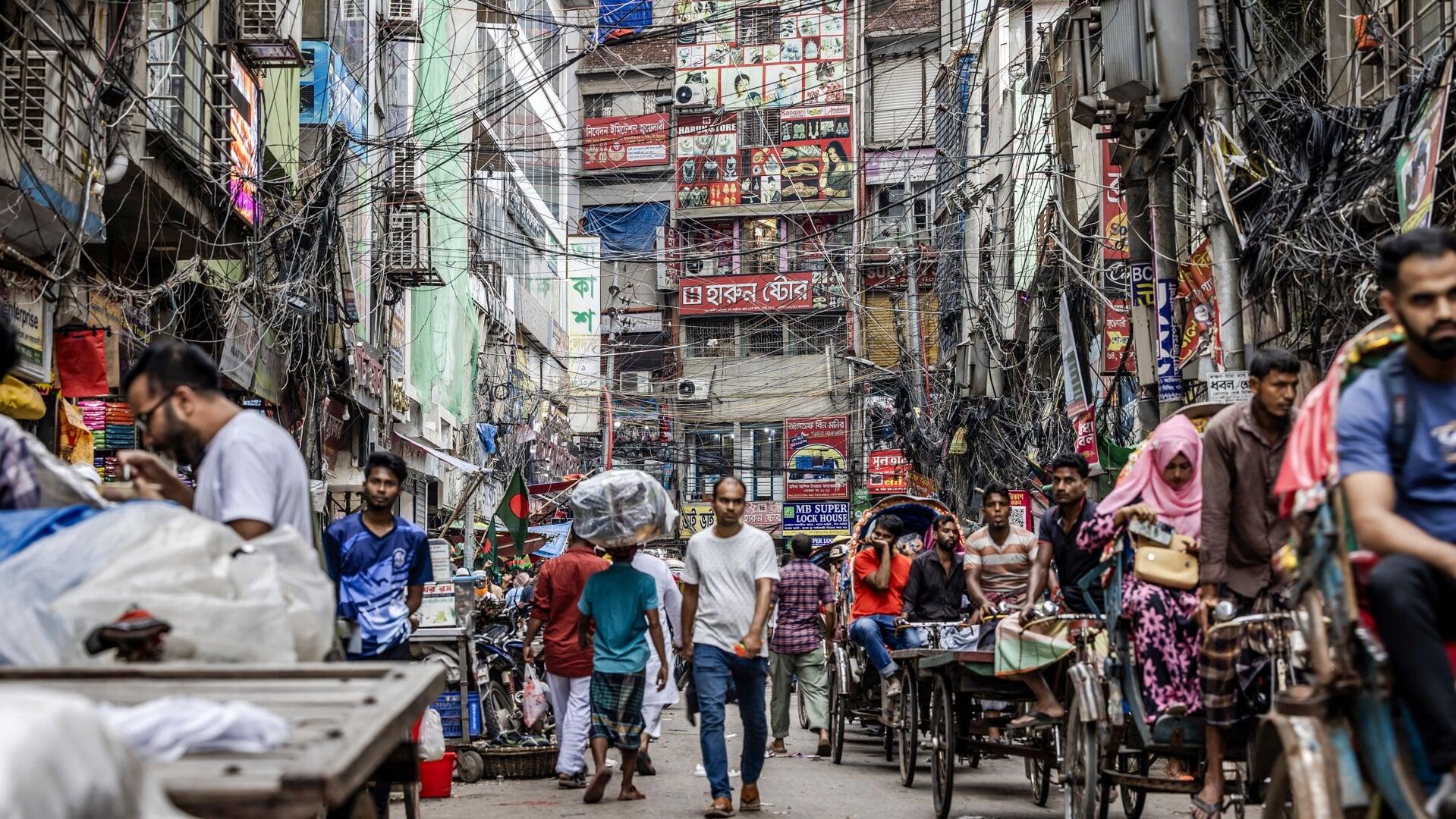Bangladesh Courts Controversial Ruling on Ousted Prime Ministers Speeches
In a ruling that has stirred meaningful debate, a court in Bangladesh has imposed a ban on the publication and dissemination of speeches made by former Prime Minister Sheikh Hasina, who was ousted from office in a controversial political maneuver. Critics argue that this decision could undermine democratic principles and infringe on freedom of expression, as it curtail access to political discourse from a leader who continues to have substantial influence over the nation’s political landscape. The judiciary’s intervention has raised concerns among human rights advocates and journalists, who assert that such actions set a risky precedent for controlling political narratives in the country.
The ruling appears to be rooted in accusations against Hasina,claiming that her speeches could incite unrest or violence,a narrative that some view as precariously subjective. Supporters of the decision argue that it is necesary to maintain public order, while opponents fear that it reflects a growing trend of suppressing dissenting voices. As various stakeholders, including political analysts and civil society groups, engage in heated discussions over the implications of this ruling, the broader question remains: how will this affect the balance between state security and the basic rights of citizens to access information and voice opposing views?

Implications for Freedom of Expression and Political Discourse in Bangladesh
the recent decision by a Bangladeshi court to ban the publication of speeches made by ousted Prime Minister Sheikh Hasina has far-reaching consequences for the landscape of freedom of expression and political discourse in the country. This ruling raises significant questions about the boundaries of free speech, particularly in a political context marked by heightened tensions and polarizations. By suppressing the dissemination of political speeches,the court’s action sets a worrying precedent that threatens to curtail democratic engagement and limit the ability of citizens to access diverse political viewpoints. The implications could also lead to self-censorship among journalists and media outlets, thereby stifling critical journalism that is vital for a functioning democracy.
Furthermore,the implications extend beyond individual speech acts to the very fabric of public debate in Bangladesh. With the government’s increasing control over media narratives, the potential for a climate of fear grows, likely discouraging not just political dissent but also constructive dialog among the electorate. This scenario poses a risk for the overall health of the political discourse as citizens may become less informed and less willing to participate in political discussions. Key factors at play include:
- The erosion of trust: Citizens may begin to distrust media sources and political leaders.
- lack of accountability: Such bans can enable corruption and a lack of transparency in governance.
- Disempowerment of voices: Marginalized groups may find it increasingly difficult to share their perspectives.
Collectively,these issues signify a troubling trend that could undermine democratic principles in Bangladesh,urging all stakeholders to advocate for the protection of free speech and open political dialogue.

Legal and Global Reactions to the Ban: A Deep Dive into Rights Concerns
The recent ruling from a Bangladeshi court that prohibits the publication of speeches by ousted Prime Minister Sheikh Hasina has sparked significant legal scrutiny and international outcry. Legal experts have raised concerns regarding the implications of such a ban on freedom of speech and the press, arguing that it undermines the democratic principles enshrined in the country’s constitution. Critics highlight that the decision appears to reflect an increasing trend towards authoritarianism, where dissenting voices and political criticism are systematically silenced. This legal maneuver also raises questions about the judiciary’s independence and its role in political affairs, potentially complicating Bangladesh’s already fraught legal landscape.
globally, human rights organizations have decried the court’s decision, advocating for the protection of civil liberties and the right to free expression.key points from their responses include:
- The importance of safeguarding self-reliant journalism as a fundamental pillar of democracy.
- Concerns over the chilling effect such bans can have on public discourse and political participation.
- Calls for international bodies to hold the Bangladeshi government accountable for potential human rights violations.
Activists fear that this move could set a dangerous precedent not only for political speech in Bangladesh but also in similar democratic contexts worldwide. As the global community watches closely, the response from civil society and legislative bodies will be pivotal in determining the future of free speech in the nation.

Recommendations for Upholding Democratic Values in Bangladeshs Political Landscape
In light of recent developments that threaten the freedom of expression,fostering a political surroundings conducive to dialogue and mutual respect is paramount. The government and political parties must engage with civil society to promote understanding and cooperation. Initiatives such as public forums and town hall meetings can serve as platforms for citizens to voice their opinions, ensuring that diverse perspectives are represented. Furthermore, creating and maintaining a robust framework for media independence will allow for more obvious reporting and accountability, strengthening the role of journalism in a democratic society.
Education plays a crucial role in reinforcing democratic norms and practices. Encouraging extensive civics education in schools can equip future generations with the knowledge needed to critically assess political discourse and act as informed citizens. This commitment can be reflected in policies that support democratic literacy, fostering an thankfulness for human rights and the rule of law. Collaboration between educational institutions and governmental bodies can also establish programs to enhance public awareness about the significance of upholding democratic values, creating a culture where democratic engagement becomes the norm rather than the exception.
